Jindabyne trailer are confused—the girl was already dead, there was nothing
...
2 min 3 sec
Comment by Ric....Today, through the rain, I walked briskly for four minutes to my local Champlain branch of the Vancouver public library and returned several dvds. One was "Jindabyne" a movie about the part of Australia where my great great grandfather caught a chill, when herding cattle in the rain and later died of pneumonia.
The movie's plot was crude and unlikely, though the scenery was beautiful. Of course, the main actors were foreign (supposedly Irish immigrants) because the rest of the world has difficulty understanding Australian dialect. Anyway I did not watch the whole movie and returned it promptly.
While at the library, I saw there was a book sale and examined the books. Here I found and bought for 55 cents , a delightful and informative book called the "Birth of Sydney" by Tim Flannery who, from no fault of his own, was born in Melbourne.
Still he has made a fine job of giving the history of the city where I was born and "brung up."
He starts by giving the geological history of the area going back millions of years. On the book's leaf it states he was a visiting professor of Australian Studies at Harvard in 1998 and at the time of the book's printing was the director of the South Australian Museum.
Already I recommend this fine book even if you have to pay full price for it. (I would have, had I been aware of its existence. After all, I paid about 55 Aussie dollars for a copy of my distant cousin Carol Baxter's book about the Nash/Williams family,
Nash: First Fleeters and Founding Families - A Three Generational Biographical History. That was a great book also, even though it is written in a dryer, more scholarly way.)
One comment I will make is this: Tim Flannery points out that Botany Bay was teeming with stingrays, which weighed up to 400lbs. According to Captain Cook they were easy to catch and afforded good eating. I think Botany bay was once called "Stingray Harbour."
I have eaten stingray and it is a fine fish with no bones, being related to sharks.
Why did the First Fleet people nearly starve to death as they munched away on salt pork, weevly flour and dried "pease", when there were plenty of stingrays and other seafood to eat, including that gastronomic prize, Sydney rock oysters? I was not shocked that the Professor occasionally uses words such as "fucking." My blog uses photos and expressions that are off- colour at times, mainly to illustrate that Australian society has always been bawdy, bloody and sometimes lewd not far from the surface. In other words openly human, without hypocrisy.
(Ric)
http://uk.youtube.com/watch?v=1m8UjJMeYhE
hologram dancers.
http://www.middlemiss.org/lit/australian/fatalshore.html
The Fatal Shore by Robert Hughes.
"Australia's first white settlers came ashore from a British prison fleet in Botany Bay in 1788. Before them lay an almost unknown: unexplored, unexploited, and yet to be the scene of the most extraordinary social experiment then imagined - the creation of a prison camp in the South Pacific for an entire criminal class. It was, as this brilliantly written account of the convict transportation system argues, the sketch for the twentieth-century Gulag.
"The Fatal Shore follows convict transportation from the squalor of Georgian Britain and its obsessive fear of mob violence to the grim prison hulks - Noah's Arks of small-time criminality - that disgorged their human cargoes into the most elaborate penal system the world had ever seen. Many of those who survived the first fleets were condemned to starvation, disease and horrifying brutality, and yet within eighty years Australia became a promised land to which people have flocked ever since.
"In describing Australia's painful transition from prison camp to open society, Robert Hughes draws on a wealth of documents, private and official, never before consulted. They give vivid testimony to the most complete account yet written of how 160,000 men, women and children, some innocent, some not, but all united by their helplessness and criminality, were shipped off the face of the known world to suffer, to die, to succeed and go on to found a new nation. This is history on an epic scale, told with immense energy and panache.
 Jolly good show, Cedric. Come and see me at the palace sometime.
Jolly good show, Cedric. Come and see me at the palace sometime.








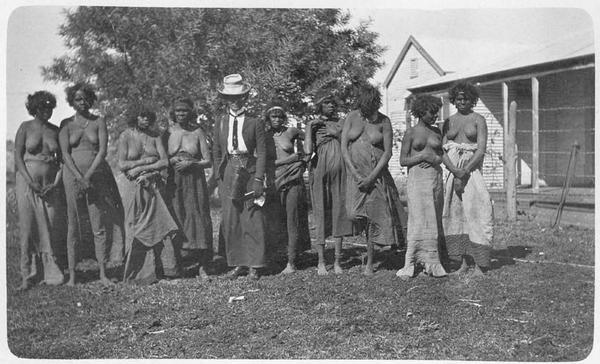






+copy.jpg)










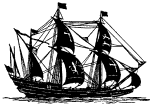





















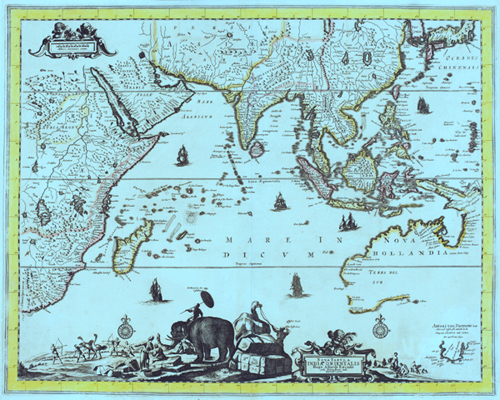

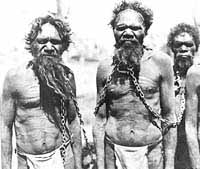
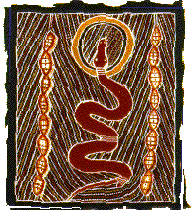


















.jpg)
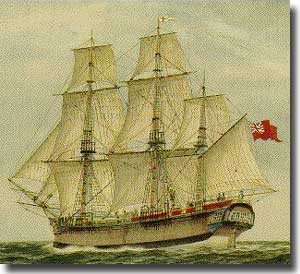

























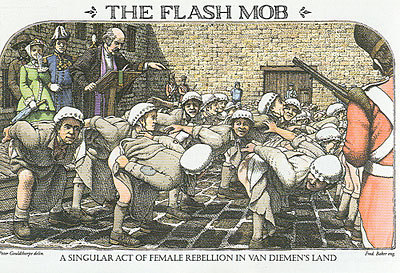
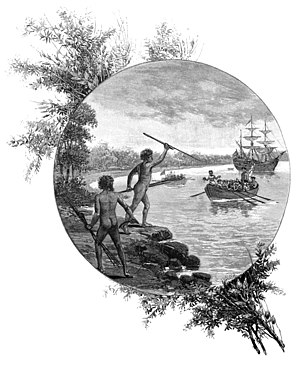 G
G







.jpg)
















No comments:
Post a Comment